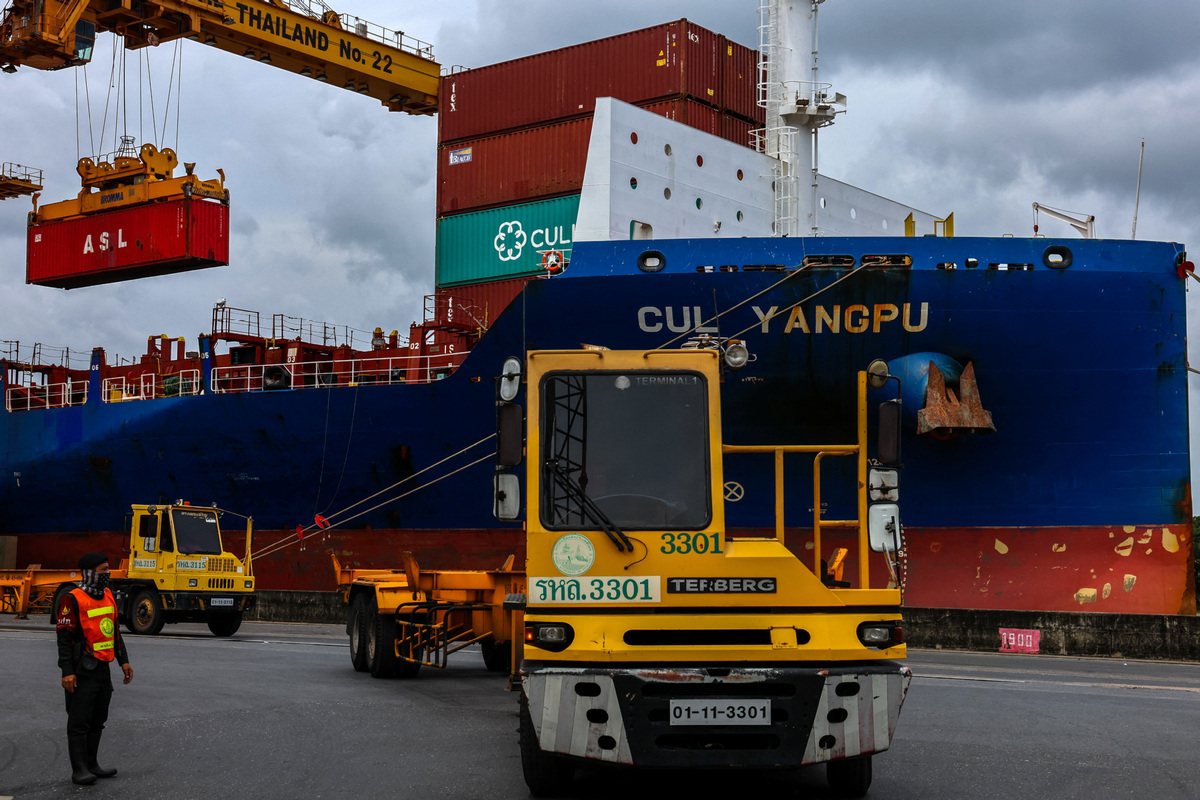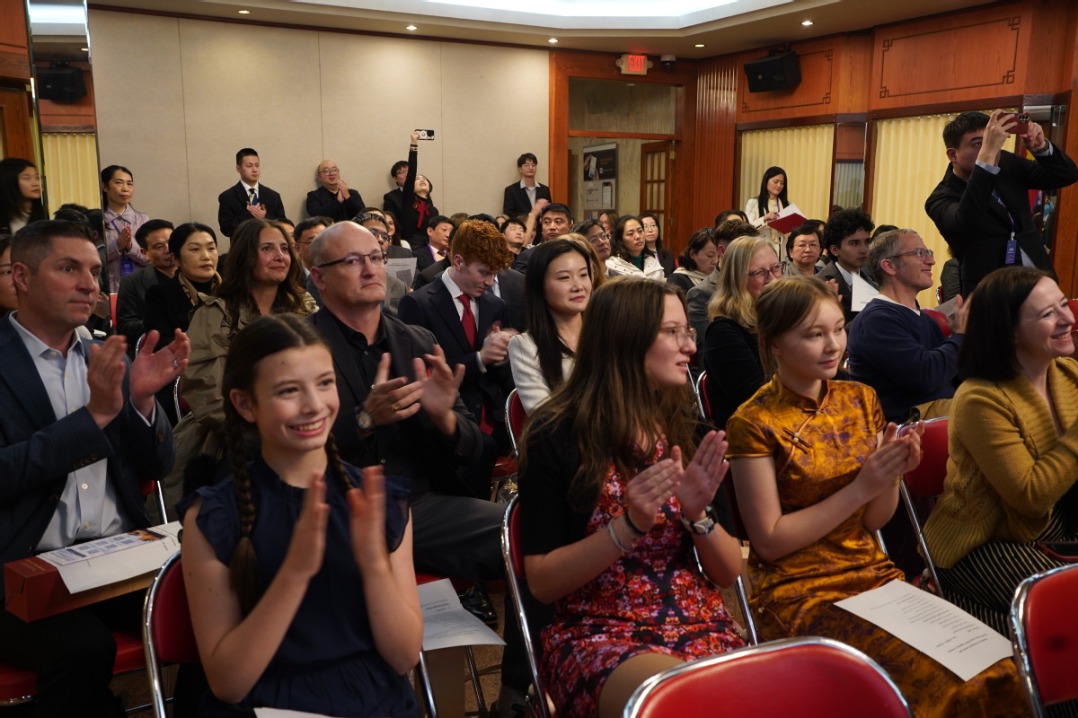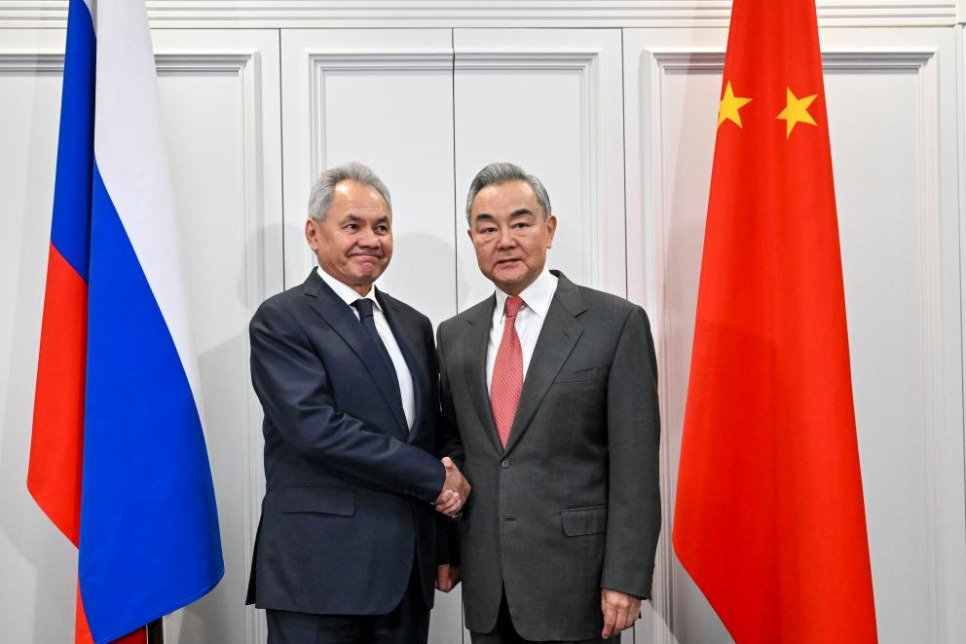Forum urges integration, realignment for ASEAN


Southeast Asian countries need to deepen their integration and economic cooperation to sustain regional development amid uncertainties and challenges arising from steep tariffs imposed by the United States, a regional forum heard on Wednesday.
While tariff negotiations with the US may have resulted in deals that are disadvantageous to members of the Association of Southeast Asian Nations, the regional bloc can use existing free trade agreements to promote a "rules-based global economic order", according to experts who participated in the webinar organized by the Manila-based Philippine Association for Chinese Studies.
"The inconsistency and unpredictability of US foreign policy (are pushing) Asian and other regional states to hedge and realign," said Kei Koga, an associate professor from the School of Social Sciences at Singapore's Nanyang Technological University.
Noting how US trade policies change when a new president is elected, he said that Asian countries are seeking a stable trading environment by signing international agreements such as the Regional Comprehensive Economic Partnership, "which do not rely on US (trade policy)".
US President Donald Trump issued an executive order on July 31, slapping 10 to 41 percent "reciprocal tariffs" against most Asian economies as well as dozens of others.
Observers viewed such deals as unfair, as the tariffs are much higher than the often single-digit rates in previous years.
Alexander Michael Palma, an assistant professor at the Asian Center of the University of the Philippines, said these bilateral trade deals with the US will limit ASEAN's gains from other trade relationships and restrict the participation of micro, small and medium enterprises, which make up the bulk of businesses in ASEAN.
"I think there is a need to promote regional integration in ASEAN through SME development," he said.
Palma said one of the key topics for discussion at the ASEAN Summit in October is the issue of nontariff barriers, including complex customs procedures and stringent licensing standards.
For Christine Susanna Tjhin, co-founder of the Jakarta-based consultancy firm Gentala Institute, there is an "urgent and strategic need" to synchronize the existing ASEAN-based mechanism with BRICS, since several ASEAN countries are now part of BRICS. This will help ASEAN diversify its export markets to lessen dependence on the US.
Qin Beichen, former visiting research associate at the Ateneo de Manila University, said ASEAN also needs to promote industrial cooperation among its members, as industrialization in Southeast Asia remains confined to labor-intensive, low-value-added production activities.































